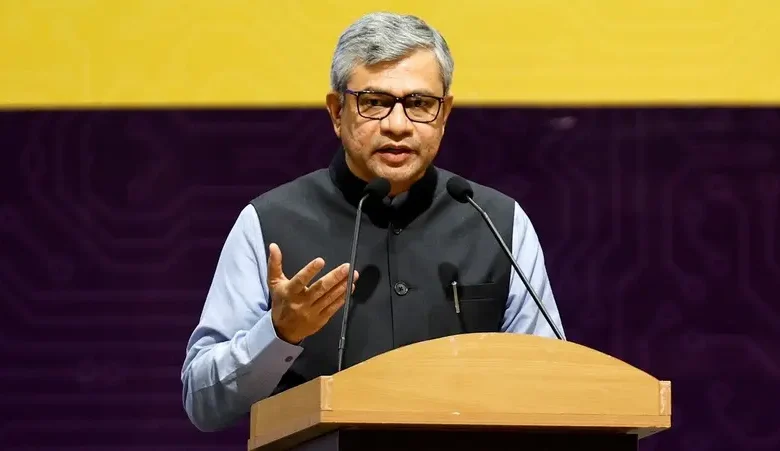India approves $15 bln in milestone chip fabrication plant investments

India’s government has approved $15.2 billion worth of investments in semiconductor fabrication plants, including a Tata Group proposal to build the country’s first major chipmaking facility.
Prime Minister Narendra Modi’s cabinet approved Tata’s plan to build a site that can fabricate about 50,000 wafers per month, among other projects, technology minister Ashwini Vaishnaw told reporters in New Delhi on Thursday.
The government also cleared Tata’s separate proposal for $3 billion-plus chip assembly plant.
While still merely a blueprint, the approvals advance India’s semiconductor ambitions. Like a growing number of countries around the world, the Modi administration is keen to endorse and back the building of domestic chipmaking capacity, ensuring supply of the components needed for future technologies from AI to self-driving cars.
“We will start construction of this plant within 100 days,” the minister said during the briefing.
India hopes to attract chip giants in much the same way incentives have encouraged Apple Inc. and its partners to make and sell iPhones in the country, a boost to its giant manufacturing sector.
It’s offered to shoulder half the cost of any approved projects, up to an initial ceiling of $10 billion. The semiconductor fund has already helped US memory maker Micron Technology Inc. establish a $2.75 billion assembly facility in Gujarat.
The Tata conglomerate is expected to partner with Taiwan’s Powerchip Semiconductor Manufacturing Corp. for its project, though it has also held talks with United Microelectronics Corp.
The new facility will produce so-called mature chips — using 40-nanometer or older technology — that are very widely used in consumer electronics, automobiles, defense systems, and aircraft.
The $150 billion Tata group has previously said it plans to begin construction of a chip fabrication plant in Dholera this year.
The moves are part of Tata’s nascent push to invest billions of dollars in high-tech businesses. Tata operates India’s biggest smartphone component plant, constructed at a cost of more than $700 million, in southern India. It also bought Apple supplier Wistron Corp.’s India factory last year and is seeking to build its own iPhone plant.
Semiconductors have grown into a key geopolitical battleground, with the US, Japan, and China investing heavily in developing domestic capabilities. Modi’s push to turn India into a global manufacturing hub also includes luring more international chipmakers to the country — a bid to rely less on expensive imports and enhance a growing smartphone assembly industry.










